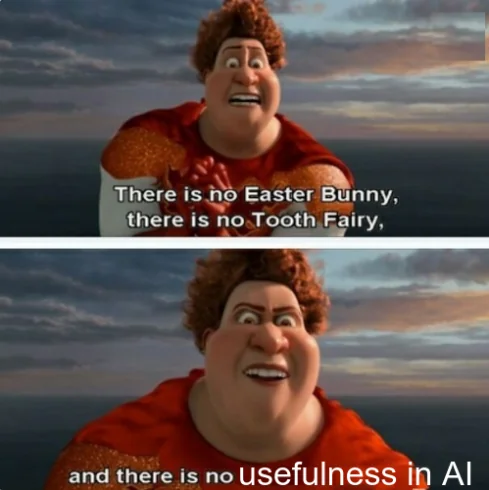
There is a question that lurks in the background of all this artificial intelligence hype, one that rarely gets asked amid the glossy launches, billion-pound valuations, and headlines about machines “changing everything”: who, exactly, wanted any of this? Was there ever a popular movement demanding predictive policing, AI-generated art, or corporate chatbots posing as “assistants”? Did the average citizen, struggling with rising bills, collapsing healthcare systems, and political distrust, suddenly cry out for algorithms to automate their jobs or deepfake their identities? If anything, the loudest cries from the public have long been for safer streets, more affordable housing, better public services, and a little less screen time. Instead, we were handed AI, as though it were the answer to questions no one asked.
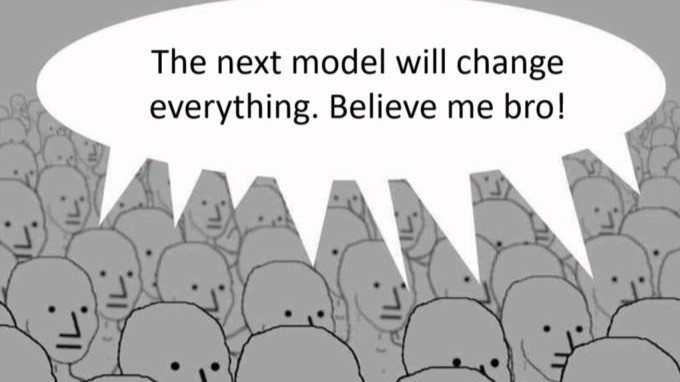
The myth, of course, is that artificial intelligence is responding to some unmet human desire. Tech companies package their innovations as if they were delivering precisely what the masses yearned for, as though millions had petitioned Google or Microsoft to create digital “companions” that autocomplete our thoughts. But the reality is almost inverted: AI is a supply-driven technology, imposed rather than requested, shaped by the ambitions of elites rather than the needs of ordinary people. Its story is not one of democratic demand but of top-down imposition - a fantasy spun in boardrooms, laboratories, and military command centres.
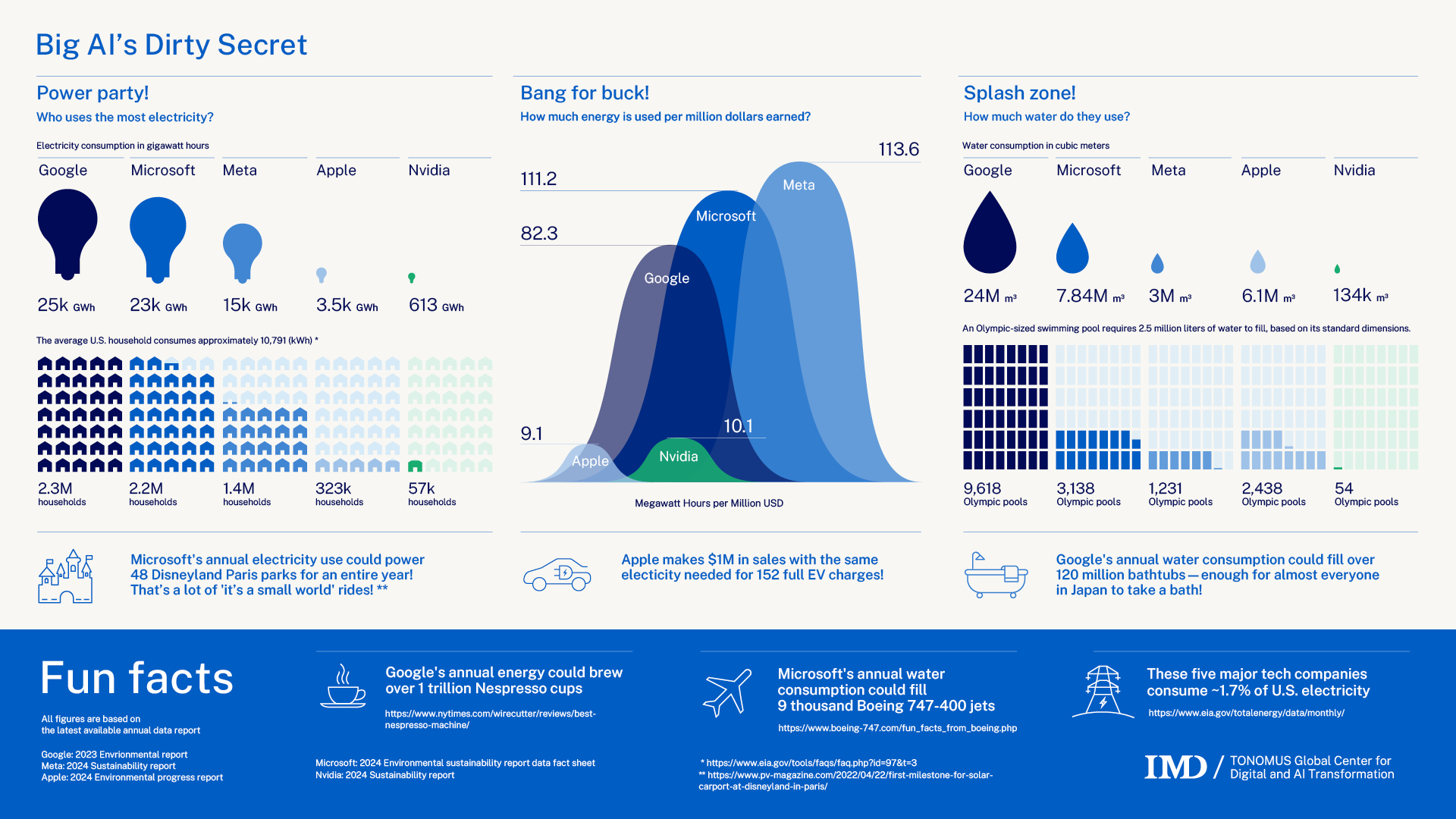
If we peel back the glossy surface, we quickly discover that AI has always been less about people’s wishes than about someone else’s dreams. Those dreams belonged to Cold War defence strategists who imagined machines that could outthink the Soviets. They belonged to Silicon Valley entrepreneurs intoxicated by visions of godlike intelligence and technological transcendence. They belonged to venture capitalists, who saw in AI not social progress but the ultimate investment vehicle: something with hype powerful enough to attract billions in speculative capital. It is telling that when the history of AI is traced, it is rarely linked to mass movements or popular revolts.
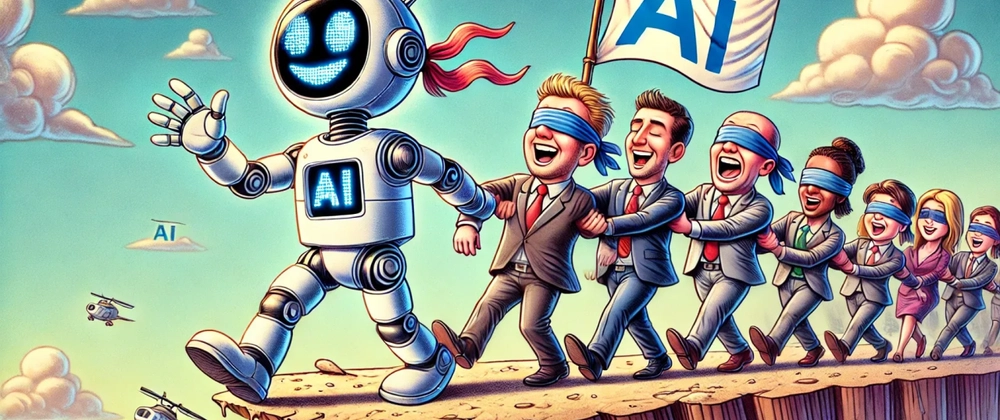
No workers’ union rallied for ChatGPT. No social campaign demanded image-generating algorithms. Instead, AI was born in military research labs, nurtured by corporate R&D departments, and propelled into the public domain only once its commercial value was undeniable.
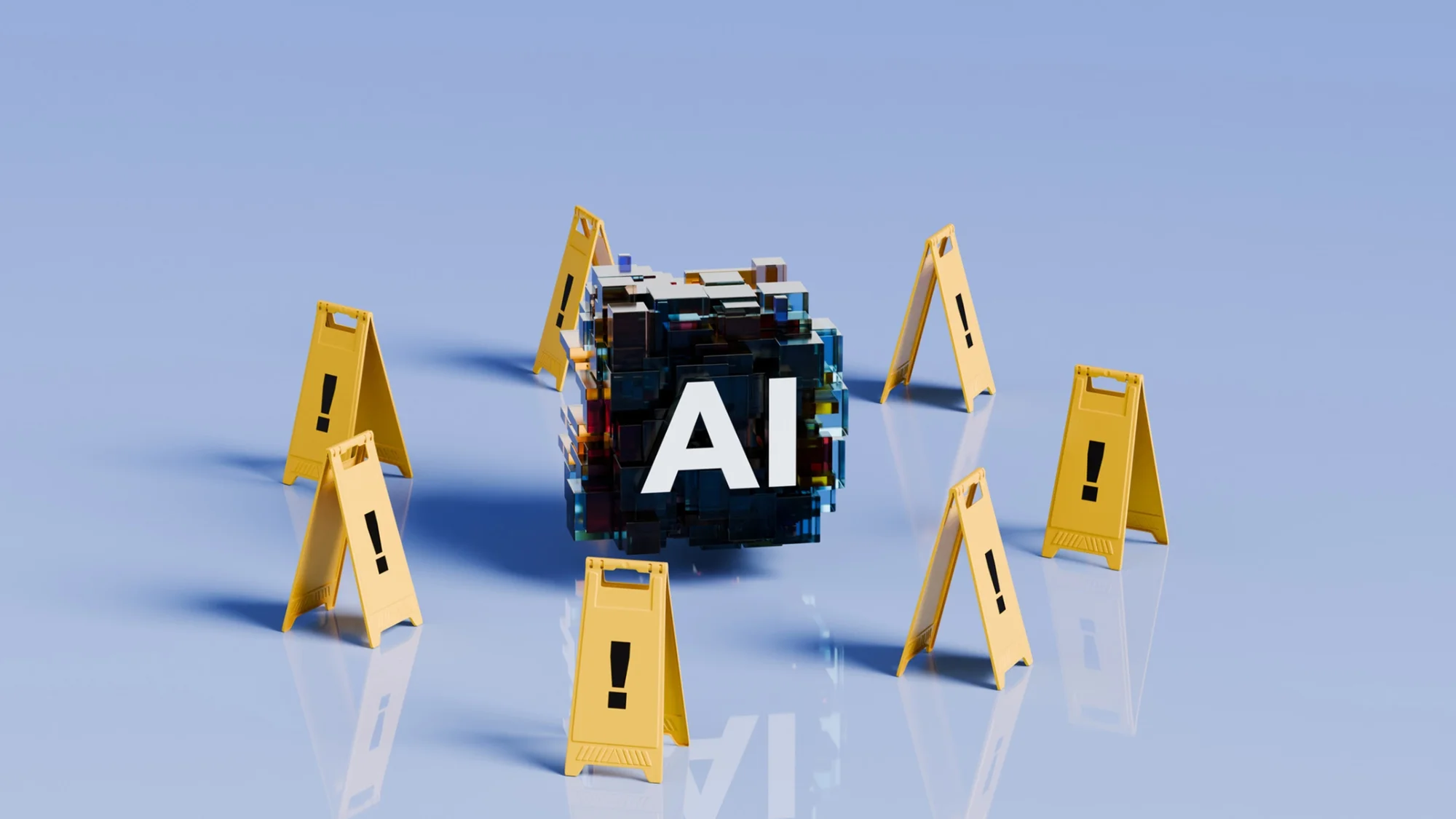
And yet, when AI finally does land in the public’s lap, the reaction is often irritation rather than celebration.

Nobody? Somebody must have, because it’s getting on my last nerve.

My best bet is the upper corporate guys, the ones who look at payrolls with disdain. They don’t want to pay people anymore, and maybe they never did. Perhaps the rise of AI is less about progress and more about a long-held fantasy of executives: a workplace without workers, profits without paycheques, output without the messy inconvenience of actual human beings.

Personally, I haven’t heard a single person say they genuinely like recent developments in AI, aside from the occasional anonymous stranger on the internet, which hardly counts. In fact, most of the chatter online is openly hostile. People are irritated, fed up, exhausted by this relentless intrusion. It’s everywhere, unavoidable, and frankly ridiculous. Google’s latest AI “upgrade” has been enough to push me over the edge. The worst part is that it isn’t even useful. Its game is spouting blatant nonsense. Every time I try to search for something, I’m force-fed an AI-generated answer box, and every single time, I click the feedback button to send hateful comments in return. That’s what they want, isn’t it, feedback? Well, they’re getting it. “Get your stupid AI out of my face,” I type, sometimes less politely, in the faint hope that someone in Mountain View might one day read it. I’ve even suggested they give us an option to turn it off, but I doubt they’re listening.

And I know I’m not alone. Far more people seem annoyed by AI than excited. Apart from the tech-bros cheerleading the apocalypse and a handful of oblivious older users who take everything at face value, nobody I know is genuinely impressed. Online, the examples of failure pile up: Google’s AI recommending that you glue cheese to pizza or smoke two to three cigarettes a day while pregnant. Who in their right mind considers this an improvement? So why does it keep getting worse? Why does it keep creeping into every corner of our digital lives? Maybe because the same tech-bros and oblivious old men are the ones making the decisions. They run the companies, they fund the projects, they dictate the terms. And the rest of us are left to endure their half-baked fantasies.

Here’s my two (human) cents: I want human answers, not Google AI hallucinations. I want human articles, human books, human writing, not ChatGPT’s mass-produced output. I want human art, not MidJourney’s cheap pastiche. I want humans, not AI. Until the day AI is doing my laundry, scrubbing my bathroom, and washing the dishes, I want nothing to do with it. That, at least, would be useful. Why aren’t the tech companies developing AI that cleans bathrooms? That’s something everyone could actually get behind. The sentiment here is impossible to ignore. People aren’t celebrating; they’re protesting. What the public wants is not “more AI,” but less intrusion, fewer gimmicks, and technologies that actually serve them. Yet what they receive is the opposite. AI is sold to us as inevitability, as destiny, as the future, but behind the curtain it is little more than corporate compulsion.

The tech giants, of course, spin a different story. Microsoft and Google would have us believe that AI is a kind of arms race of inevitability: if one company does not release it, another will. And so, in a mad dash not to be left behind, they launch half-finished products, plug AI into search engines, and retrofit it into workplace software, not because users demanded it, but because their competitors forced their hand. The public are not drivers of this revolution but unwilling passengers, dragged along by corporations desperate to outpace one another. Workers know this story well. Nobody in the office demanded that AI automate emails, schedule meetings, or “optimise workflows.” The request was never made from below. It came from above, from executives seeking “efficiency,” a word that often translates into fewer staff, longer hours, or more intrusive surveillance. The introduction of AI into the workplace is less a gift to workers than a restructuring of work itself, usually at their expense.

Governments, too, have discovered AI’s appeal, not as a public good, but as a mechanism of control. Citizens across the world did not march demanding facial recognition cameras on every street corner, nor predictive policing systems that profile neighbourhoods. Yet those technologies spread rapidly, precisely because they serve state interests: monitoring populations, enhancing surveillance, and centralising authority. The dream belongs to ministries of interior, not to citizens worried about their rights. Even in culture and creativity, AI’s arrival has been less request than imposition. Artists, writers, and musicians never asked for algorithms to scrape their work, digest it into datasets, and spit it back out as synthetic imitations. When challenged, companies frame it as democratisation: “Now anyone can create!” But for many in the creative world, it feels less like empowerment than theft, a mass appropriation of human culture, repackaged as corporate product. If there is a public demand here, it is for fair pay, recognition, and dignity in creative labour, not for a machine that dilutes and commodifies it.

And yet, the irony persists: Silicon Valley sells AI as though it were philanthropy. Tech billionaires parade themselves as humanity’s saviours, insisting that AI will cure diseases, solve climate change, and usher in utopia. The contradictions are glaring. The same technologies that supposedly “save time” often strip workers of income. The same systems that claim to democratise knowledge reinforce corporate monopolies. Even the energy footprint of AI, gargantuan data centres burning through electricity and water, contradicts its supposed promise to help the planet. Behind the rhetoric of “helping humanity” lurks a more straightforward truth: AI helps investors, corporations, militaries, and a small circle of elites.

So who benefits? Certainly not the average user, who never asked for AI in the first place and now finds themselves caught in its wake. Certainly not the worker, who must now compete with their algorithmic counterpart. Certainly not the artist, whose work becomes fodder for machine learning models. If anyone truly wanted AI, it was those who stand to profit from it, the corporations eager for new markets, the states eager for new tools of control, and the venture capitalists eager for new bubbles to inflate. Which brings us back to the opening question: who even asked for AI? The answer is sobering. Nobody asked, but everybody got it. And in that disjunction lies the uncomfortable truth about our technological future. It is not being shaped by democratic debate or popular demand. It is being shaped by the ambitions of a handful of corporations, governments, and billionaires, whose visions are imposed upon the rest of us as fait accompli.

The tragedy is that by not asking, by not resisting, society has allowed itself to be swept along in this tide. AI is now here, embedded in search engines, in schools, in policing, in art. The choice is no longer whether to have AI but how to live with it, and whether we will ever reclaim the agency to decide the terms of that coexistence. The risk is that unless the public demands a say, AI will continue to expand in directions no one wanted, answering questions no one asked, and rewriting the future in the image of those who never sought permission in the first place.
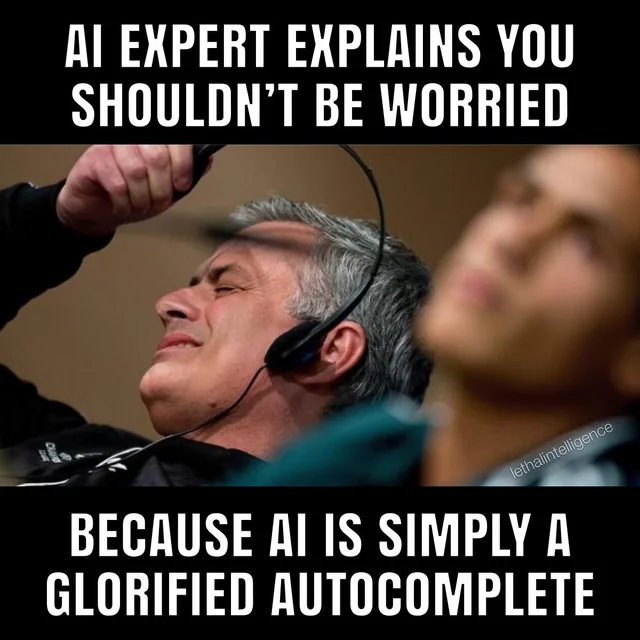
So perhaps the more urgent question is not “Who asked for AI?” but “Who gets to decide what AI becomes?” Until we can answer that democratically, the irony remains: the greatest technological upheaval of our time is also the one least demanded by the people who must live with it.

With inputs from agencies
Image Source: Multiple agencies
© Copyright 2025. All Rights Reserved. Powered by Vygr Media.





















